Climate Change and Organic Livestock
Organic Livestock is the third webinar in our climate change series, hosted by AOL Technical Officer Josefine Pettersson. Climate change represents numerous future difficulties for the agricultural sector with extreme weather events already costing Australian farms on average $30,000 annually and rising (ABARES). Organic agriculture presents a growing opportunity to mitigate climate change by reducing direct and indirect sources of greenhouse gas emissions through carbon sequestration. Increasing soil carbon is just one of the many ways farmers can mitigate the effects of climate change. Join us as we delve further into this issue from a livestock perspective.
The Livestock Industry, through the leadership of Meat and Livestock Australia (MLA) has had the most ambitious carbon-neutral goals within the agricultural industry. However, how is this substantiated and achieved? Steve Wiedemann will give an overview and breakdown of current livestock greenhouse gas (GHG) emissions and how you as an organic business can reduce this. Followed by an update from MLA CN30 Project Manager Julia Waite on how we are tracking towards reaching this goal. Nathan Moore, Sustainability Manager for Hewitt Cattle will discuss changes they have made within their business to improve drought resilience and reduce GHG emissions. As an expert in carbon accounting, the webinar will be open to questions for these authorities within their fields.
